Probiotics and the future of health
In the intricate world of human health, the gut microbiome plays a pivotal role, orchestrating a symphony of functions that influence our overall well-being. This diverse community of trillions of bacteria, nestled within our digestive tracts, holds immense potential to unlock new frontiers in healthcare. And at the heart of this microbial ecosystem lie probiotics, live microorganisms that, when ingested, can confer a multitude of health benefits.
Probiotics, often referred to as "friendly bacteria," have long been recognized for their ability to promote digestive health by restoring balance to the gut microbiome. But the realm of probiotic influence extends far beyond digestion, encompassing a range of health-promoting effects that have captivated researchers and healthcare practitioners alike.
Unlocking the Probiotic Potential
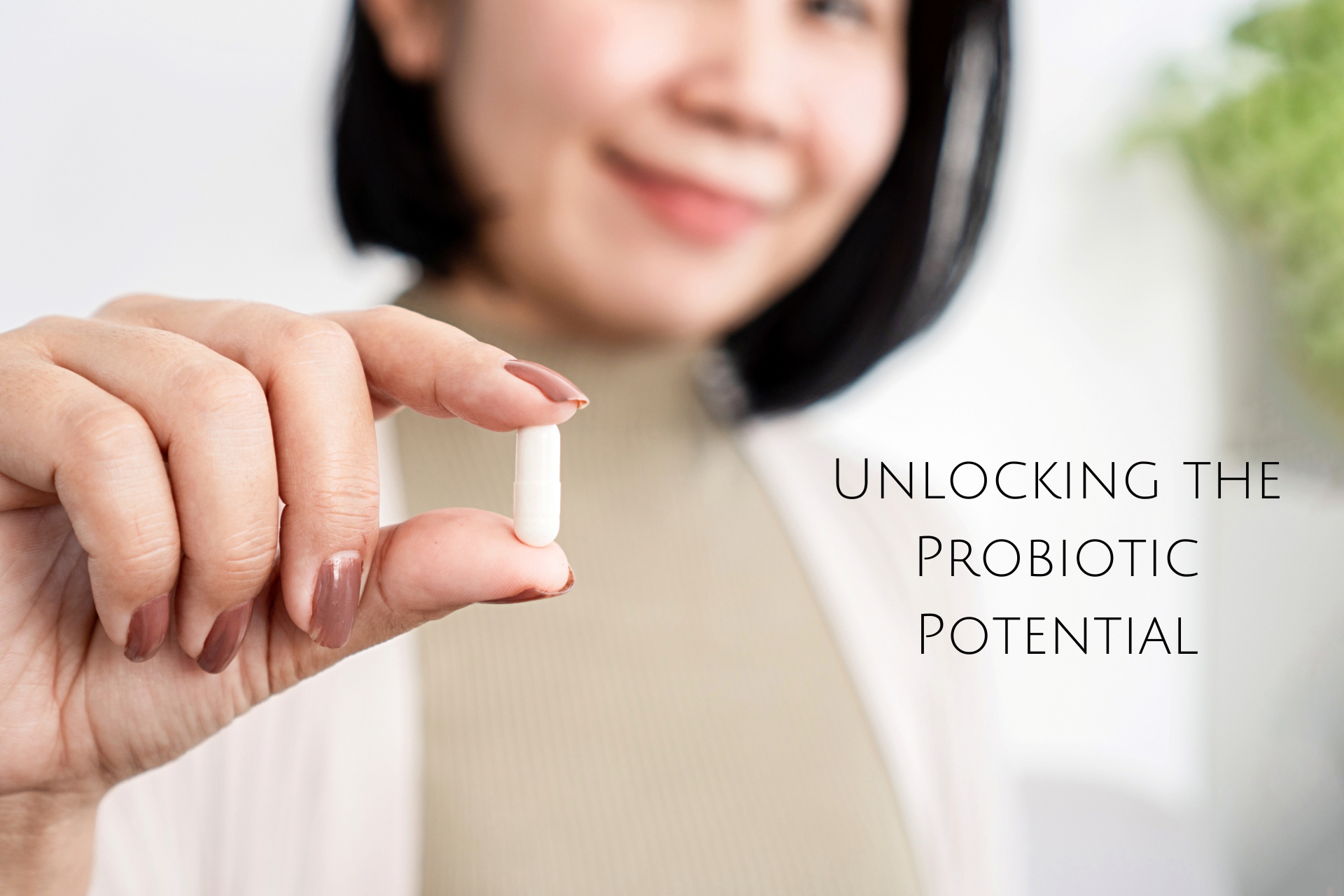
The remarkable impact of probiotics on human health is attributed to their diverse mechanisms of action. These beneficial microbes can:
Enhance the immune system's defenses
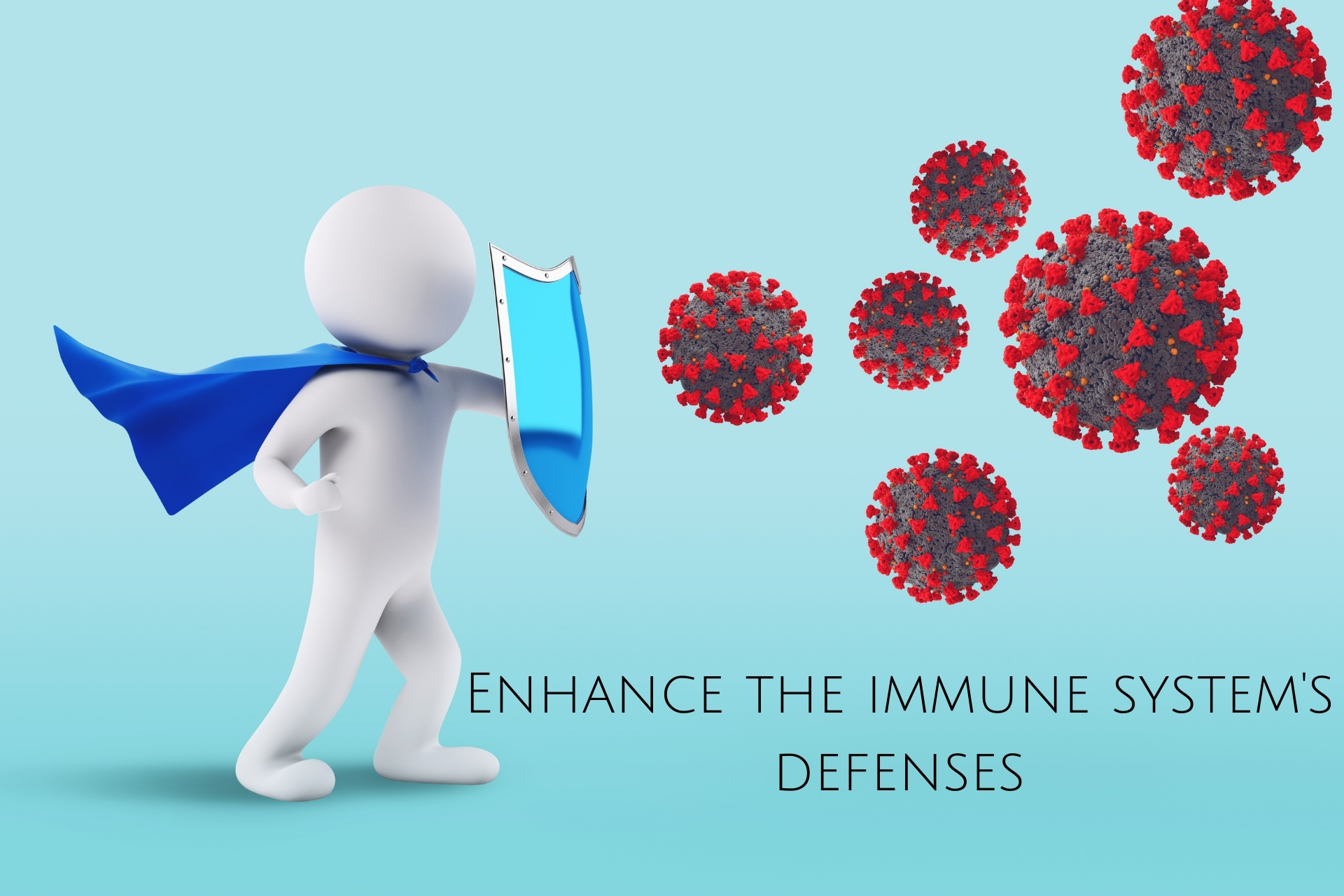
Probiotics bolster the gut barrier, preventing harmful pathogens from entering the bloodstream and causing infections. They also stimulate the production of immune cells, strengthening the body's defenses against illness.
Improve nutrient absorption
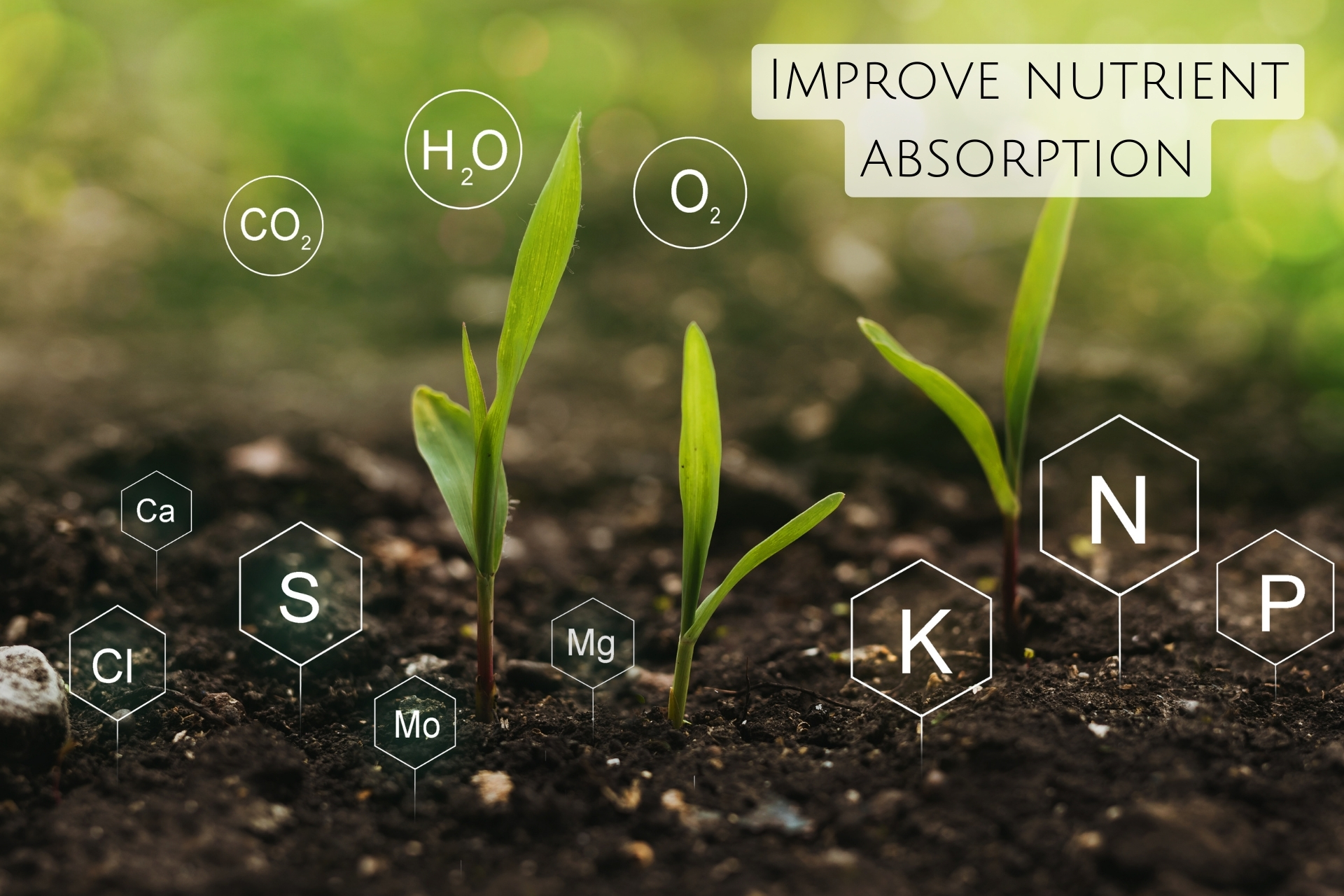
Probiotics aid in the breakdown of complex carbohydrates, facilitating the absorption of essential vitamins, minerals, and nutrients from food.
Modulate mood and behavior

The gut-brain axis, a bidirectional communication pathway between the gut microbiome and the brain, is heavily influenced by probiotics. Probiotics can positively impact neurotransmitter levels, potentially improving mood, reducing anxiety, and enhancing cognitive function.
Promote mental health

Studies suggest that probiotics may play a role in alleviating symptoms of depression and anxiety. Their ability to modulate the gut-brain axis and influence neurotransmitter production may contribute to these effects.
Skin health

Probiotics may help combat skin conditions such as acne and eczema by reducing inflammation and promoting the growth of healthy skin bacteria.
Metabolic health

Probiotics have been shown to improve insulin sensitivity and blood sugar control, potentially reducing the risk of type 2 diabetes.
Probiotics in the Future of Healthcare

As research into the gut microbiome and probiotic efficacy continues to advance, the future of probiotics in healthcare holds immense promise. Probiotics are poised to play a transformative role in:
Personalized medicine:Tailored probiotic formulations could be developed to address individual health needs and genetic predispositions.
Precision medicine:Probiotics could be used to target specific health conditions, such as inflammatory bowel disease, allergies, and antibiotic-associated diarrhea.
Preventive healthcare: Probiotics could be incorporated into routine diets to promote overall health and well-being, potentially reducing the risk of chronic diseases.
Novel therapies: Probiotic research is exploring the potential of these microbes to treat a wide range of conditions, including neurological disorders, autoimmune diseases, and cancer.
Understanding Probiotics
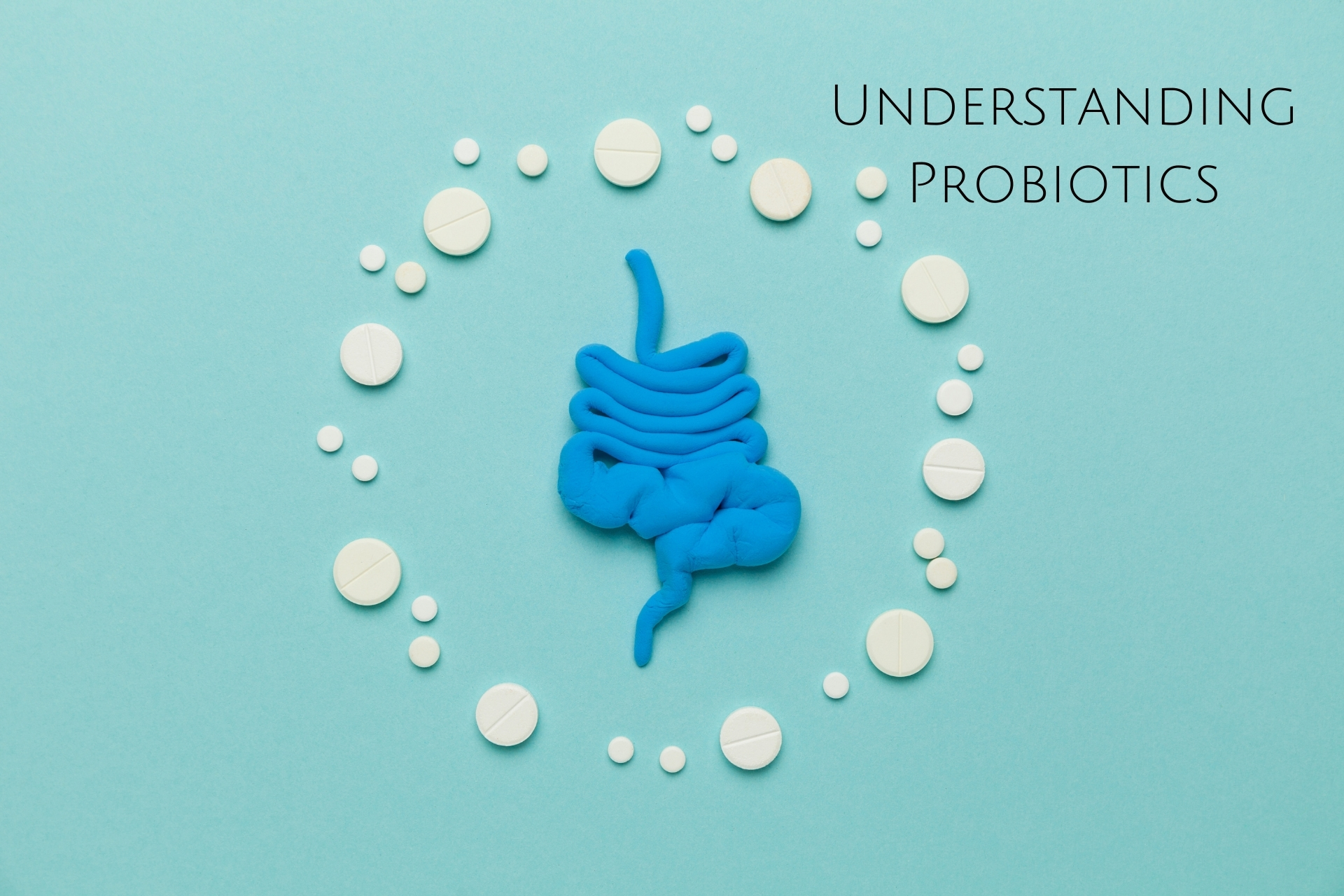
Define what probiotics are and highlight their role in gut health, emphasizing their ability to support digestion and bolster the immune system.
Discuss how probiotics work, detailing their interaction with the gut microbiome and the mechanisms behind their health benefits.
Advancements in Probiotic Research:
Explore the cutting-edge research and innovations in probiotics, such as personalized probiotics tailored to an individual's microbiome.
Highlight how advancements in technology and scientific understanding are shaping the development of new probiotic strains and delivery systems.
Probiotics and Precision Medicine:
Discuss the potential of probiotics in precision medicine, touching upon how they might be customized to address specific health conditions or individual needs.
Explain how advancements in DNA sequencing and microbiome analysis could revolutionize probiotic therapies.
Probiotics Beyond the Gut:
Explore the expanding role of probiotics beyond digestive health, including their impact on mental health, skin conditions, immune function, and metabolic disorders.
Highlight emerging research and clinical trials demonstrating the broader applications of probiotics.
Challenges and Considerations:
Address challenges and considerations in the field, such as regulatory hurdles, standardization of probiotic therapies, and the need for more robust clinical evidence.
Survivability: Probiotics must survive the harsh conditions of the digestive tract to be effective. Stomach acid and bile can destroy a significant portion of probiotics before they reach the intestines.
Strain-specific effects: Different strains of probiotics have distinct effects on the body. Understanding which strains are beneficial for specific health conditions or individuals requires extensive research.
Quality and potency:Ensuring the quality and potency of probiotics throughout the manufacturing and storage process is crucial. Factors like temperature, moisture, and shelf life can impact their effectiveness.
Dosage and administration: Determining the right dosage for desired health effects can be challenging. The optimal dosage may vary based on age, health status, and the specific strain being used.
Effectiveness for specific conditions: While probiotics have shown promise in various areas, their efficacy for specific health conditions is still being researched. Not all strains may have the same effect on every individual or health issue.
Interactions with medication:Probiotics might interact with medications, affecting their absorption or efficacy. Consulting healthcare professionals before taking probiotics alongside medications is advisable.
Research limitations: Despite the promising research, more studies are needed to fully understand the long-term effects, optimal doses, and potential side effects of probiotics.
Embrace the Probiotic Revolution
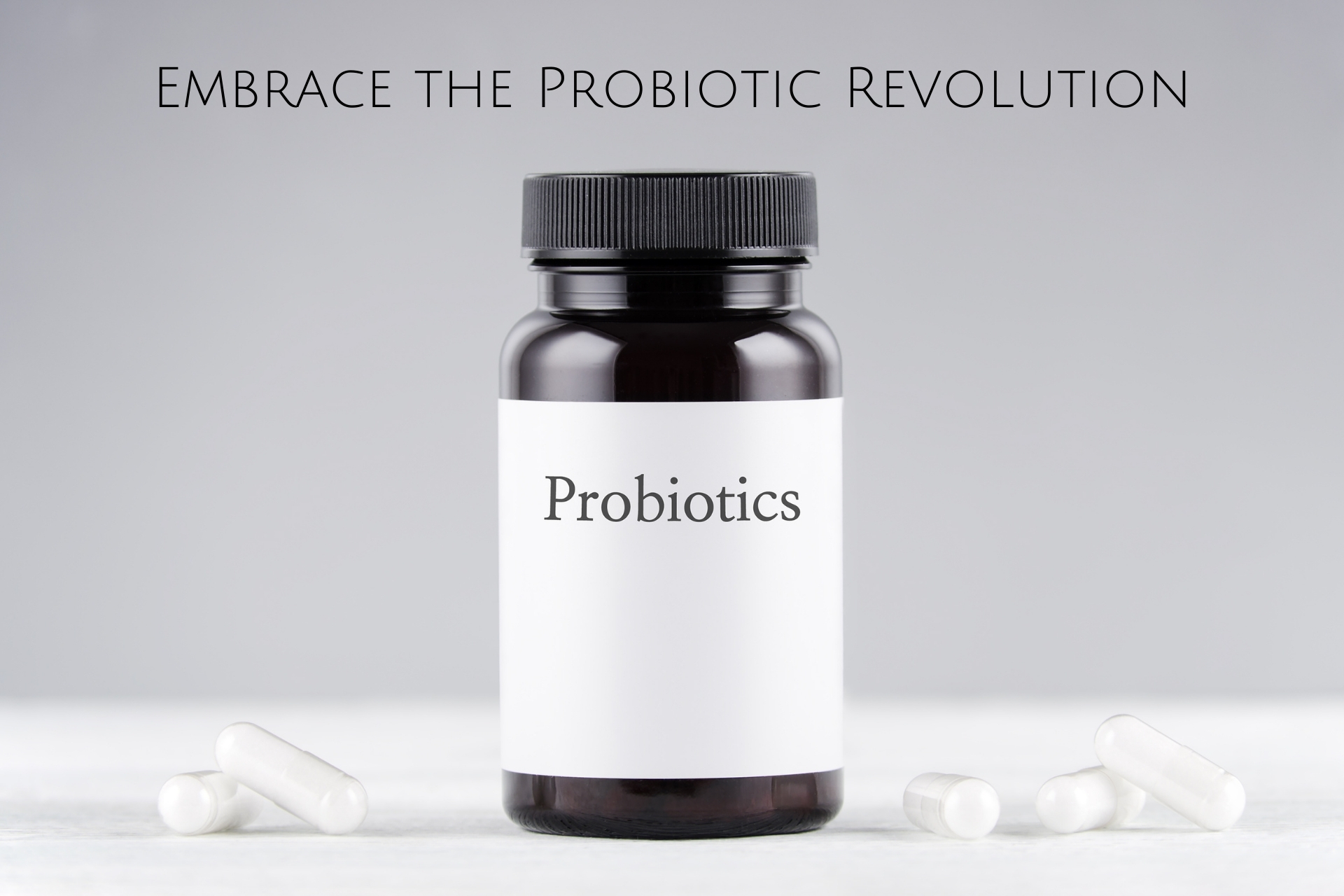
The future of probiotics is brimming with possibilities, offering a glimpse into a new era of healthcare where these beneficial microbes play a central role in promoting human health and well-being. As research continues to unveil the untapped potential of probiotics, we can anticipate a future where these live microorganisms revolutionize healthcare, empowering individuals to take charge of their health and achieve optimal well-being.
Conclusion

Wrap up the blog by underlining the significance of probiotics in shaping the future of healthcare and encouraging readers to stay informed about these advancements.
This blog can serve as an informative piece for readers interested in understanding the evolving landscape of probiotics and their potential impact on the future of health and medicine.
While the journey towards fully harnessing the power of probiotics is still in its early stages, the promise it holds is undeniable. As research continues to unravel the intricate mechanisms by which probiotics exert their beneficial effects, we can anticipate a future where these live microorganisms become indispensable allies in our pursuit of optimal health and well-being.
Recent Posts
-
AI-Nutrition & Microbiome Tracking: The Personalized Wellness Revolution for India
Introduction: Traditional nutrition and wellness have relied on a one-size-fits-all approach, offeri
-
The Gut-Brain Connection: How Your Digestive Wellness Affects Mood, Skin & Sleep
Introduction: The gut-brain connection is a fascinating and complex system that plays a significant
-
The Mind-Body Connection: How Blood Sugar Affects Your Mood and Metabolism
Introduction: In today's fast-paced world filled with refined foods, chronic stress, and sedentary h





